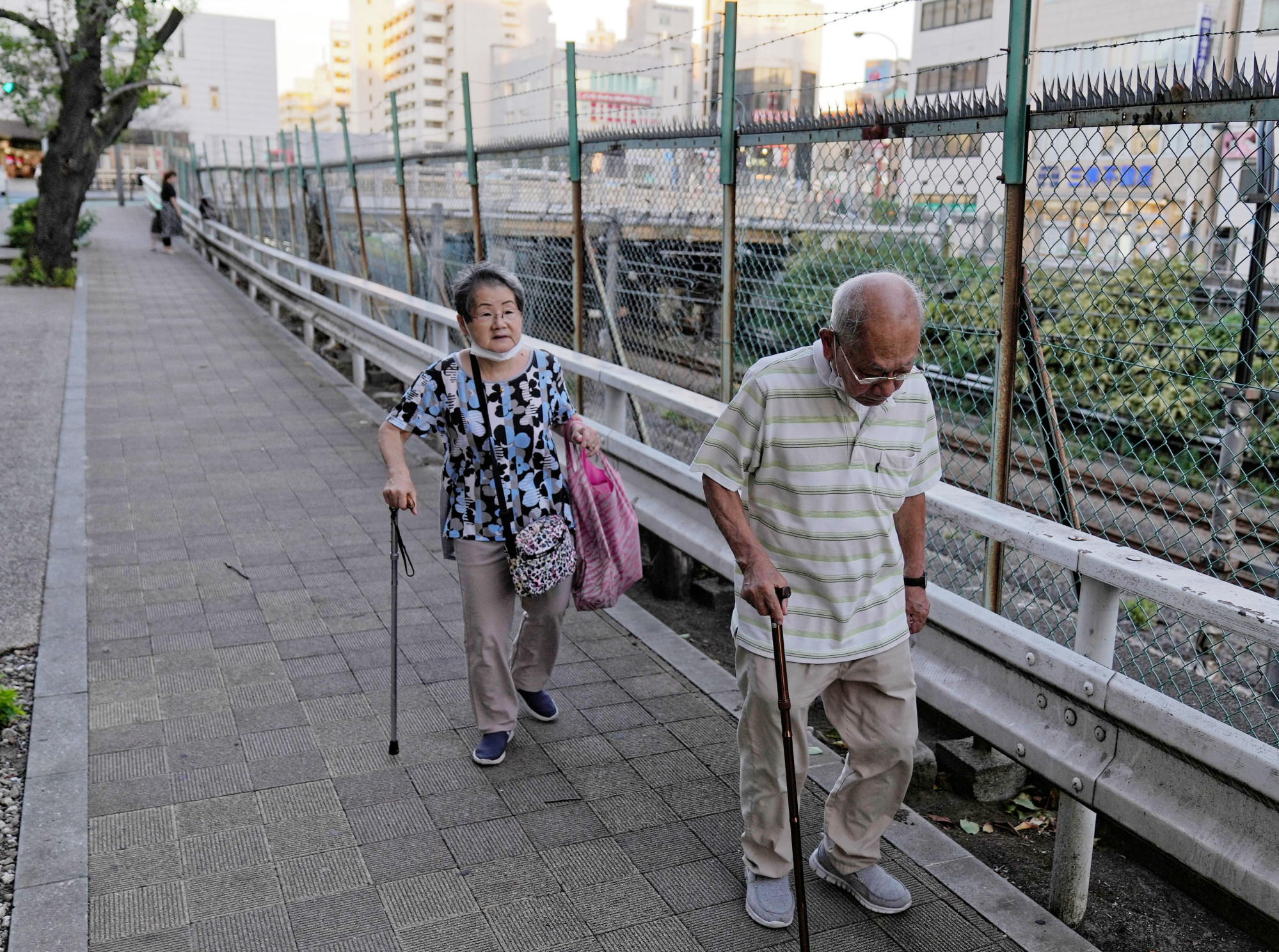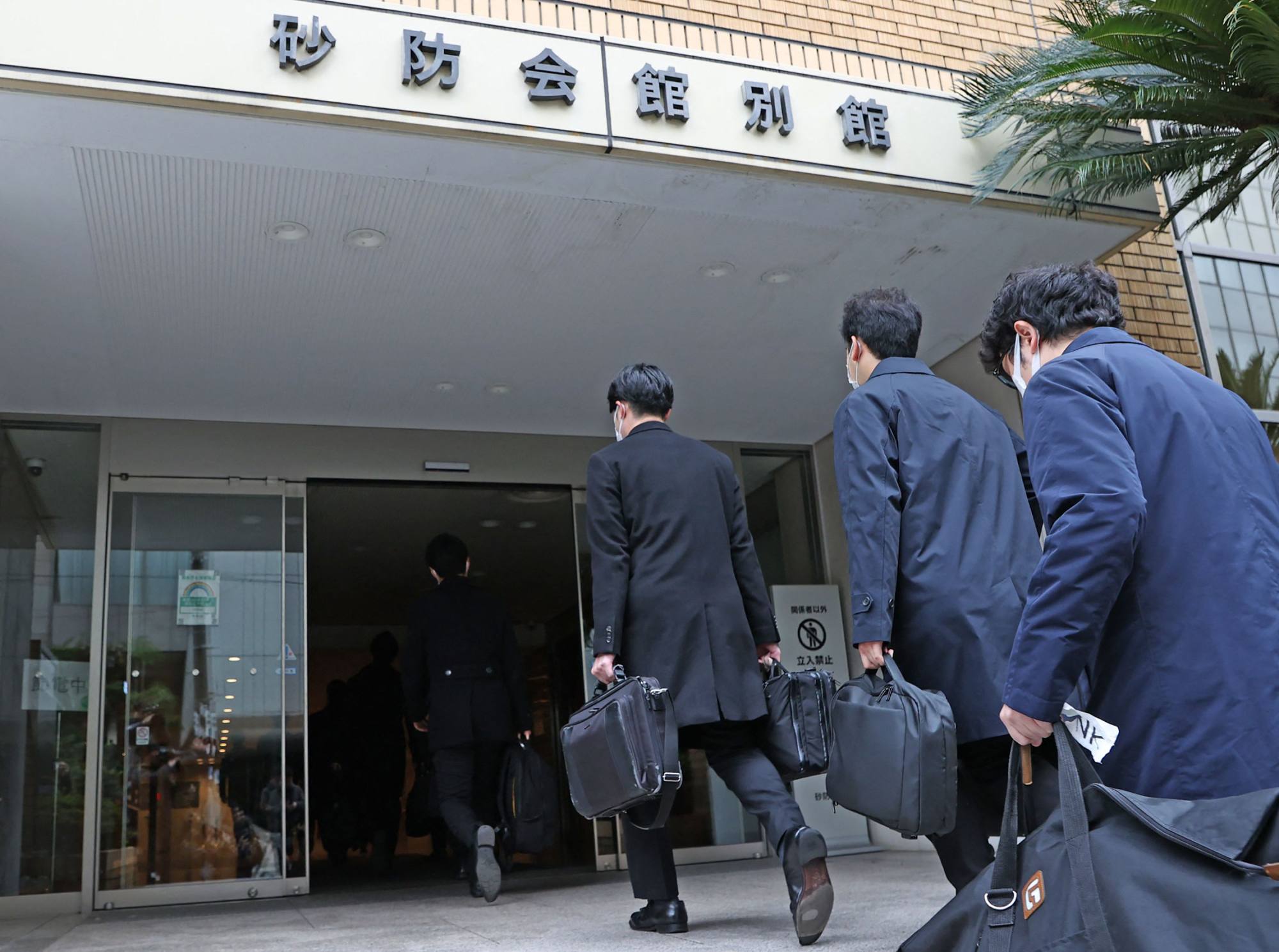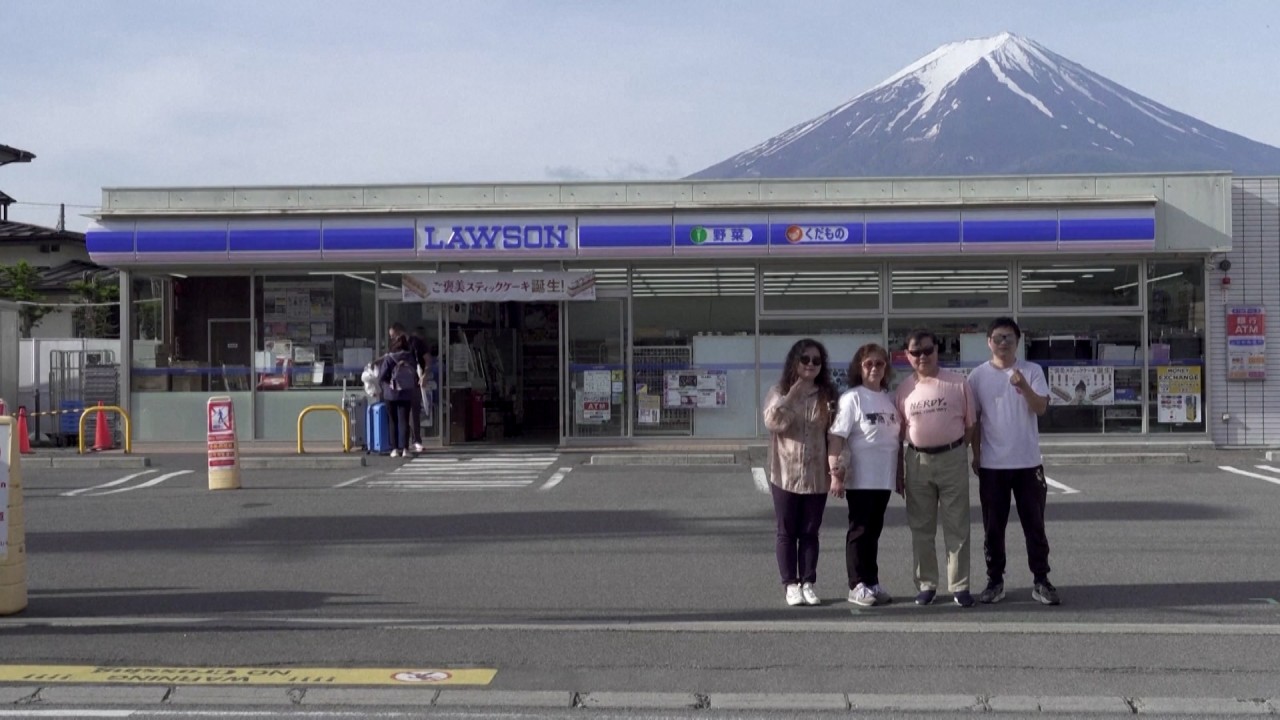
Japan’s Kishida faces plummeting public support – can opposition take advantage?
- Several opinion polls show public anger against the ruling LDP is growing over issues ranging from corruption to Japan’s population decline
- If opposition parties can propose feasible solutions to tackle issues linked to the falling population, they could win over voters, an analyst says
A public opinion poll by the Yomuiri newspaper published on Tuesday put Kishida’s approval rating at 26 per cent, the seventh consecutive month the figure was below the 30 per cent threshold.
“The LDP is trying to come up with policies but it’s largely talk and nothing is really changing,” Hiromi Murakami, a professor of political science at the Tokyo campus of Temple University, told This Week in Asia. “So this is a chance for the opposition.”
While there is considerable public cynicism against the opposition after the brief and unspectacular Democratic Party of Japan government that ruled between September 2009 and December 2012, the public is tired of the present government and eager for change, analysts say.
“People want many and different things but as a nation we have realised that a solution to the demographic crisis is the biggest issue that Japan faces,” said Hiromi Murakami, a professor of political science at the Tokyo campus of Temple University.

“The country needs to be shown an economic framework for the way forward, a vision of how future generations will survive amid this turmoil,” she said. “Someone needs to come up with a plan of how the nation will be sustainable over the longer term and then not just talk about it but clearly show the steps they would take to get there.
“It has to be realistic and people need to be shown the path that it will take to reach that goal and address issues like pension reform,” she added.
If the opposition parties can propose feasible solutions to these problems, voters may be inclined to vote for them, according to Murakami.
According to the Yomuiri poll, the Japanese public was also angry with the LDP for not doing enough to stamp out corruption within the party, with 79 per cent of respondents voicing its handling of such scandals.
The LDP has been criticised for failing to adequately punish members who had benefited from the recent slush fund scandal and for not passing new rules to stamp out corruption.
A separate poll, conducted by the Nippon Foundation and published on Tuesday , showed that more than 33 per cent of young adults aged between 17 and 19 who were expected to be eligible to vote in the next general election, said they were motivated to vote against the LDP because of the scandal.

A third opinion poll, released on Monday in the Asahi Shimbun, indicated that 54 per cent of the electorate wanted the LDP out of power, up from 48 per cent one month earlier. Some 77 per cent said they did not expect the LDP to mend its ways.
Although the broad anger against the government should encourage the opposition, the Asahi poll also showed that 69 per cent did not believe opposition parties could offer an effective alternative.
“I have been puzzled by the numbers in the polls,” said Tadashi Anno, a professor of politics at Tokyo’s Sophia University. “The funds scandal has obviously had a big impact on the popularity of the LDP but my sense is that people remember that when the DPJ was in power, they did not do a good job.”
The DPJ splintered in 2017 following internal disputes and its largest offshoot, the Constitutional Democratic Party of Japan (CDPJ), currently controls 98 of the 465 seats in the Lower House of the Diet.
The LDP has 262 seats and is bolstered by the 32 seats of Komeito, its coalition partner.
The remaining seats are shared between seven minor parties that need to coalesce if they intend to replace the LDP – a tall order given that at least two of the parties are right-leaning and populist, making them ideologically closer to the LDP.
“The CDPJ is generally perceived as the opposite to the LDP but it has not put forward any firm policy proposals,” Anno said. “The feeling among many people is that CDPJ cannot be trusted with the power that goes with governing.”
Anno is confident that the LDP will lose a substantial number of seats in the coming election, which constitutionally must be held before October 31, 2025 but he warns that centrist or left-wing parties may not be the beneficiaries.
“The government has recently shifted its policies on immigration without saying anything about it,” he said.
“A right-wing party could very easily exploit that by saying the LDP is no longer a conservative party and that sort of populism will appeal to a large percentage of the Japanese voting public,” Anno added.


